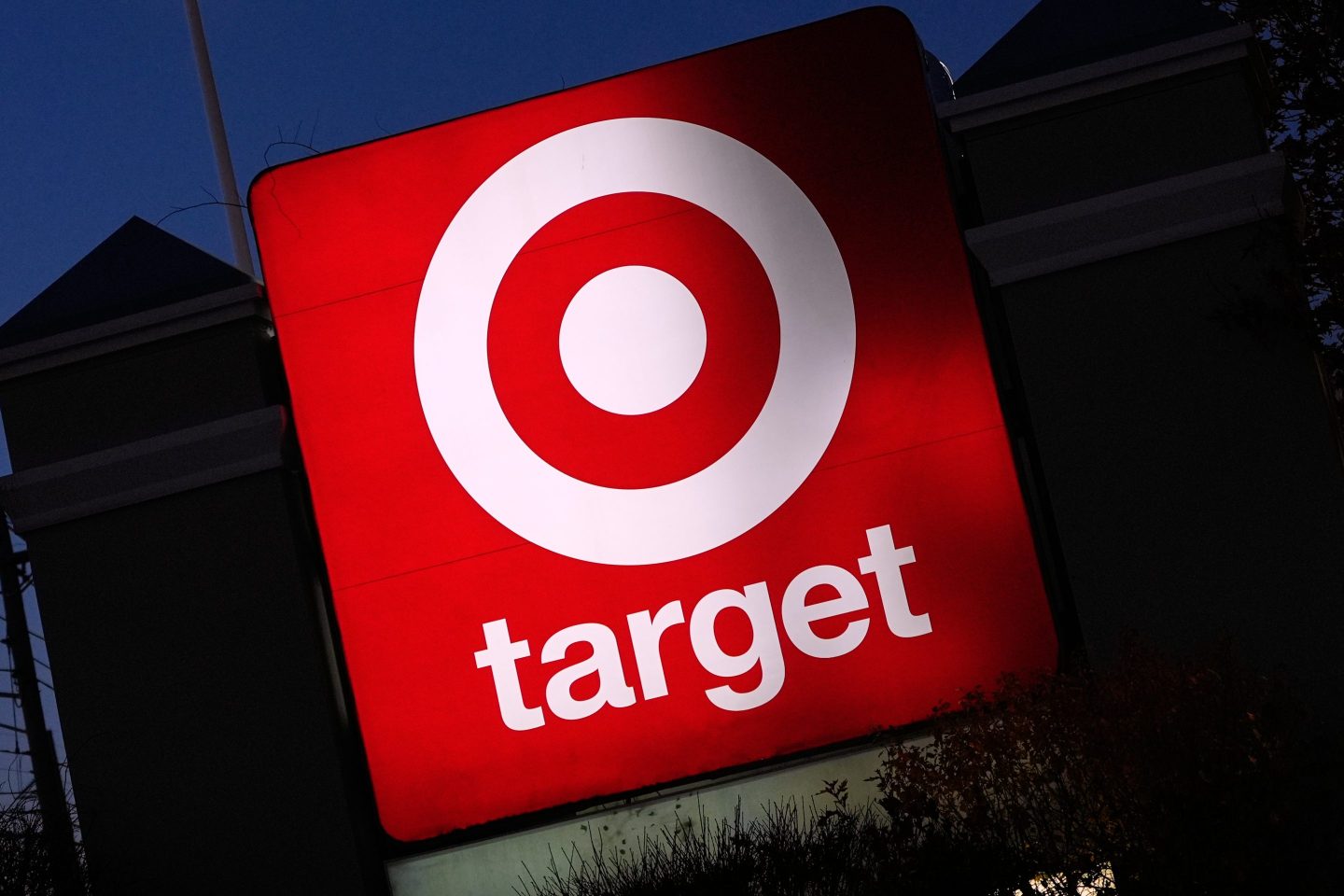TikTok is among the most popular social media platforms with hundreds of millions of users in the U.S. and Europe. In recent years, it has also become notoriously famous as a hotspot to discover branded counterfeits which sell at a fraction of the price of their original versions.
Now the video-sharing app and its parent ByteDance are looking to join forces with French luxury conglomerate LVMH-owned Benefit Cosmetics in an effort to weed out the fake cosmetics sold through its marketplace, Bloomberg reported Wednesday.
The goal of the collaboration between Benefit and TikTok would be to create an “elevated shopping experience,” Toto Haba, a senior executive at Benefit Cosmetics, a beauty brand owned by LVMH that has a presence on TikTok Shop, told Bloomberg.
The issue of counterfeit goods online goes far back—well before TikTok became a Gen Z craze. Other social media sites including Facebook and Instagram have also faced challenges battling a growing market for luxury counterfeits of labels like Gucci, Louis Vuitton, and Prada. The trend for cheap and deceptively good-looking branded products has taken off as the cost-of-living crisis and high inflation make the real brands less affordable. This is especially true of the younger generation of shoppers, who don’t object to owning fakes, according to the Financial Times.
TikTok’s e-commerce foray
The Chinese ByteDance-owned app is still relatively early in its e-commerce foray. Media reports suggested TikTok had dropped its e-commerce efforts in 2022 as it was struggling to click with customers.
It officially launched TikTok Shop in the U.S. in September (it had been experimenting with shopping in some other markets since 2021). Benefit was part of the Shop’s beta program since March 2023 and has sold over 87,000 products, Glossy reported earlier this month.
However, low-quality products and knock-offs quickly flooded the marketplace, even as TikTok onboarded big brands like Revolve and L’Oréal. TikTok’s efforts with the LVMH subsidiary could help mend its perception as a site offering inferior-quality products, especially as it hopes to expand its e-commerce endeavors. For instance, it’s investing $1.5 billion into growing its Indonesia presence through a joint venture with e-commerce site Tokopedia.
TikTok’s website says it doesn’t “permit the purchase, sale, trade, or solicitation of counterfeit goods” and offers guidelines on how to identify if a product is a dupe.
Details on TikTok and Benefit’s upcoming plan to tackle counterfeits haven’t been released, and neither TikTok nor LVMH immediately returned Fortune’s request for comment.
LVMH, which is the world’s most valuable luxury company, has partnered with companies in the past to help curb counterfeits—in 2014, it announced a partnership with Google to “fight fakes,” the luxury company said at the time, while Bloomberg reported that the Bernard Arnault–owned conglomerate has an agreement with Alibaba to target dupes in its online marketplace, Tmall, according to Benefit Cosmetics’s Haba.
The French brand ran into similar problems on eBay several years ago—the two companies ultimately settled their legal battle in 2014.
Editor’s Note: This article has been corrected to reflect that Benefit Cosmetics is in talks to work with TikTok on fighting counterfeits, not its larger parent company LVMH.













